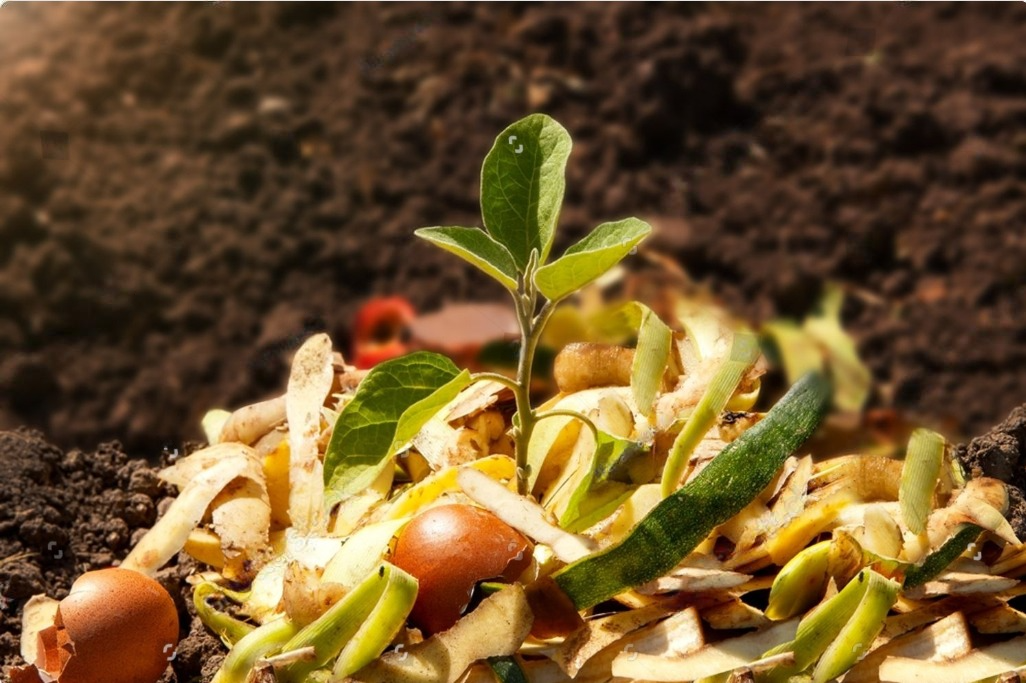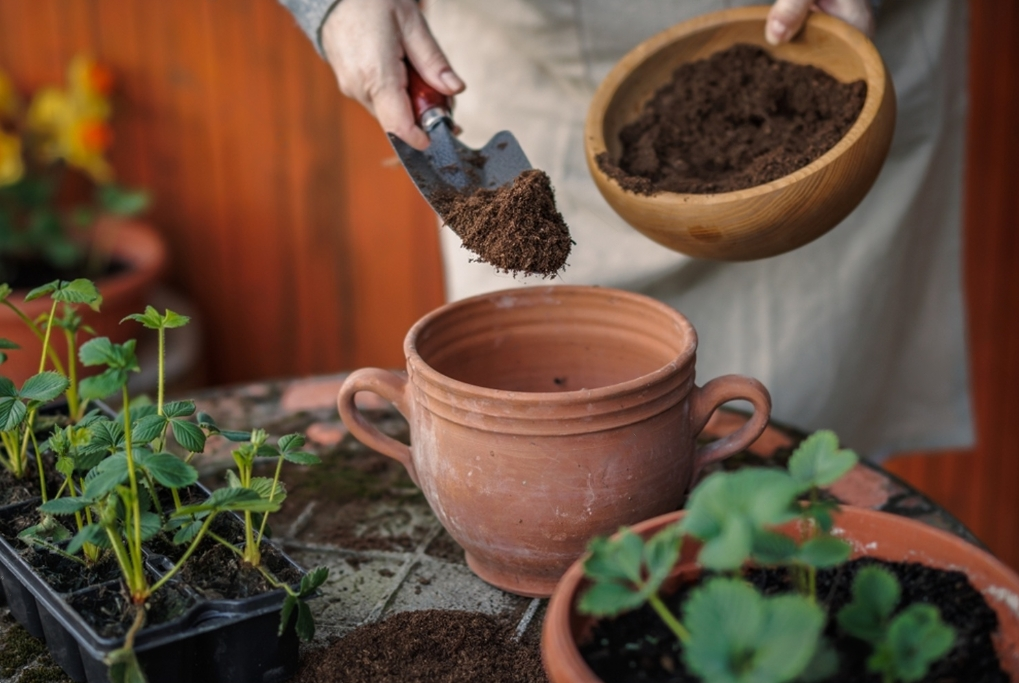Have you ever imagined why compost could be referred to as Green Gold? We know Gold has immense value, does compost also carry that amount of value? If you are an avid gardening/ composting fanatic, you know that compost has an abundant advantage to soil, but this blog will explain to you the important information you’d need to know about the parameters that the compost holds that makes it worthy of being called Green Gold.
To begin with, everyone should know the fact that composting is recycling food and other organic waste, which is an aerobic process in which microorganisms break-down organic waste. This compost provides a range of environmental benefits, including improving soil health, reducing greenhouse gas emissions, recycling nutrients, and mitigating the impact of droughts. Let dive into the benefits a little more,

Soil Health: Compost enriches soil with nutrients like nitrogen, phosphorus, and
potassium, improving structure, texture, and water retention. It also regenerates
depleted soil and mitigates contaminants.
Plant Health: Natural nutrients in compost strengthen plants, deepen roots,
increase crop yield, and enhance disease resistance.
Reduced Waste: Composting reduces landfill waste, lowering associated costs
and carbon emissions.
Less Chemical Use: Compost reduces the need for chemical pesticides and
fertilizers, benefiting health.
Erosion Control: Compost minimizes erosion by reducing runoff and soil
compaction.
Water Quality: Compost filters stormwater, reducing runoff and improving water
quality.
Wildlife: Compost attracts beneficial insects that aerate the soil.

Now that we’ve got to know the benefits, let’s get to know the factors and plant nutrients that help compost create all the worldly magic. Compost contains essential nutrients like nitrogen, phosphorus, and potassium, though the exact content varies. It releases nutrients slowly over months or years, providing a gradual supply to plants, these nutrients are:
Nitrogen (N): Vital for plant growth, aiding in leaf and stem development.
Phosphorus (P): Supports root development, flowering, and seed production.
Potassium (K): Enhances overall plant health, improving disease resistance
and water regulation.
Calcium (Ca): Strengthens cell walls, promoting strong plant structure.
Magnesium (Mg): Central to chlorophyll production, crucial for photosynthesis.
Sulfur (S): Essential for protein synthesis and enzyme function in plants.
There are other factors that contribute to the rich quality of compost like,
Moisture Content: Ideal compost moisture is 40%-60%. Too little moisture
slows decomposition; too much causes bad odors due to anaerobic conditions.
Organic Matter: Stable compost has 25%-65% organic matter. Below 25% may
indicate contamination with sand; above 65% suggests incomplete
decomposition.
C:N Ratio: The ideal carbon-to-nitrogen ratio is 25:1 to 30:1. Ratios above 40:1
slow decomposition, while ratios below 20:1 may cause nitrogen loss as
ammonia, leading to bad odors.
Salinity: Compost salt levels vary; EC below 2 ds/m is safe for any application
rate, 2-4 ds/m for moderate rates, and over 4 ds/m requires careful application.
Now, this is exactly how intricate it is, that all components play their individual
role to make the whole value of compost as good as gold. Like in an ecosystem,
biodiversity is important to maintain balance, similarly the diverse components in
a compost sample should be balanced to make it sustain and rich in quality. So,
if you want to create such kind of compost, you should check out the RUR’S
Green Gold Tumbler Composter, it literally mimics nature’s way of composting.
No additives, or chemical or additional accelerators used, just let nature take its
course and Voilà. Oh how wonderful it is to see the Power of Nature!